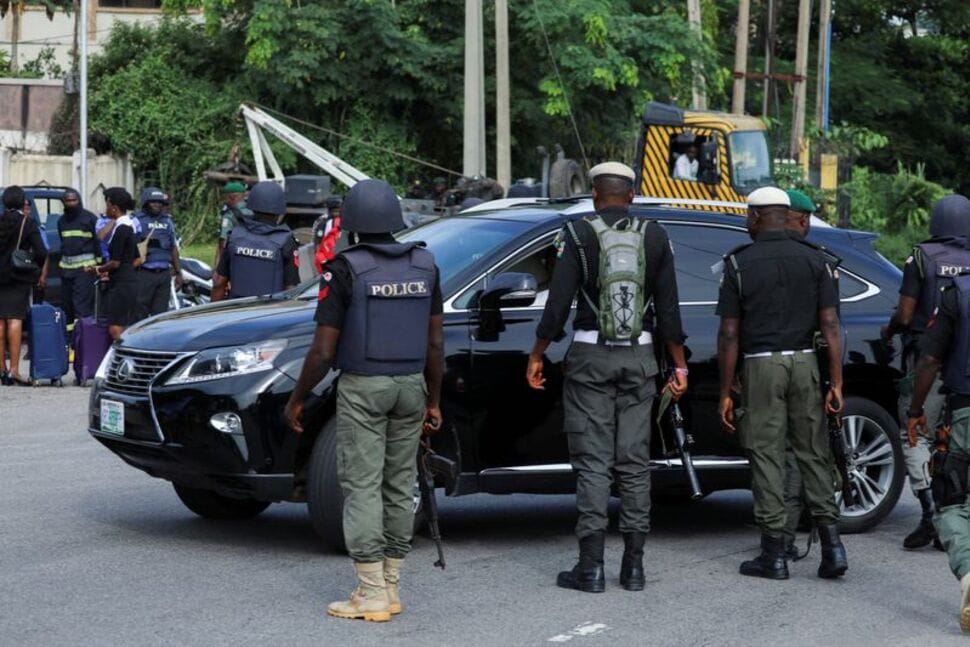A new report from SBM Intelligence has revealed that more than 700 lives have been lost in Nigeria’s southeast since 2021 due to the enforcement of sit-at-home orders by the proscribed separatist group, the Indigenous People of Biafra (IPOB). The movement, which seeks the secession of the southeast—a region predominantly inhabited by the Igbo ethnic group—has been classified as an armed group organization by the Nigerian government.
The deaths, according to the report, have resulted from violent enforcement measures targeting civilians who refused to comply with the orders, as well as direct clashes between IPOB members and security personnel. The sit-at-home mandate, originally scheduled every Monday and on specific dates linked to legal proceedings involving the group’s leader, Nnamdi Kanu, has evolved into a broader campaign marked by fear, coercion, and unrest.
“IPOB’s enforcement methods have included arson, looting, and targeted assassinations,” the report noted, highlighting how these tactics have destabilized local communities and instilled fear among residents. In 2021, compliance with the order reached over 80%, but recent data shows that only 29% of residents support the protests. Many continue to observe them not out of solidarity, but due to threats of violence.
IPOB has denied responsibility for the violence and deaths. A spokesperson for the group claimed that criminal elements aligned with the government were responsible for the killings, suggesting that the violence was part of an effort to undermine IPOB’s legitimacy. The Nigerian government has not issued a formal response to the claims.
The sit-at-home initiative began in August 2021 as a nonviolent protest aimed at pressuring authorities to release Kanu, who is being tried in Abuja on terrorism charges. IPOB suspended the weekly lockdown shortly after its introduction, citing a directive from Kanu himself. However, enforcement persisted—led by splinter groups and armed affiliates claiming to represent IPOB—especially on days when Kanu appeared in court.
Despite IPOB’s efforts to distance itself from the continued violence, law enforcement agencies have linked the group to multiple attacks, including a 2021 assault on a correctional facility and the recent killing of over 30 travelers. IPOB has repeatedly rejected these allegations.
Beyond the loss of life and growing insecurity, the economic cost has been staggering. According to the report, the enforced shutdowns have inflicted over 7.6 trillion naira (roughly $4.79 billion) in damages. Markets, businesses, and transportation services are routinely brought to a standstill every Monday and on court days, crippling the region’s economy and deepening hardship for millions of residents.
The SBM report paints a grim picture of a region caught between separatist violence, state security crackdowns, and widespread economic paralysis. While support for IPOB’s broader political goals may persist in some circles, the continued bloodshed and financial toll appear to be eroding public backing for the group’s tactics.



